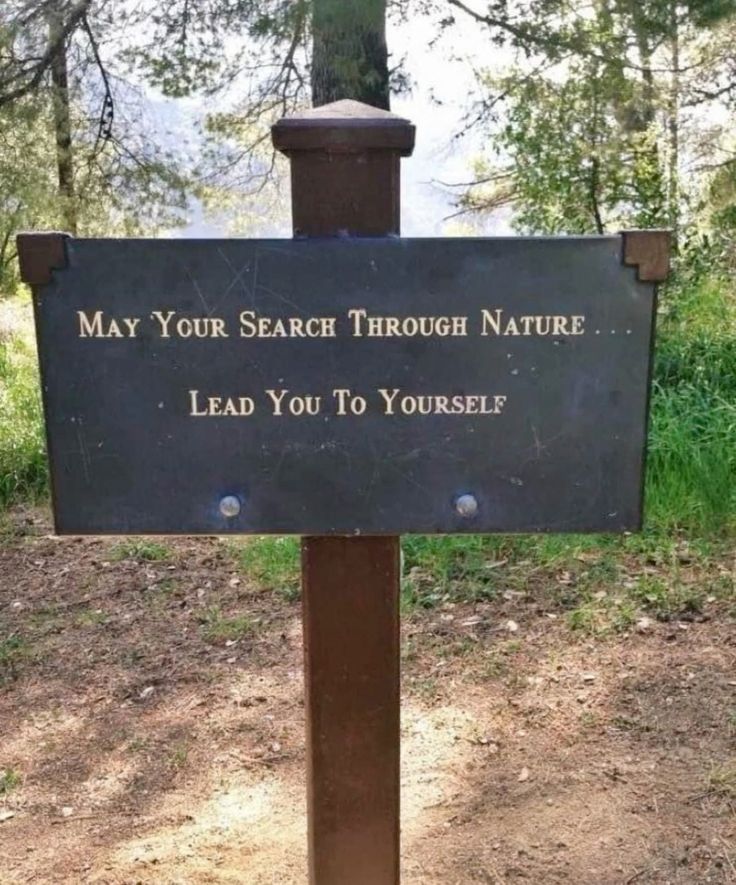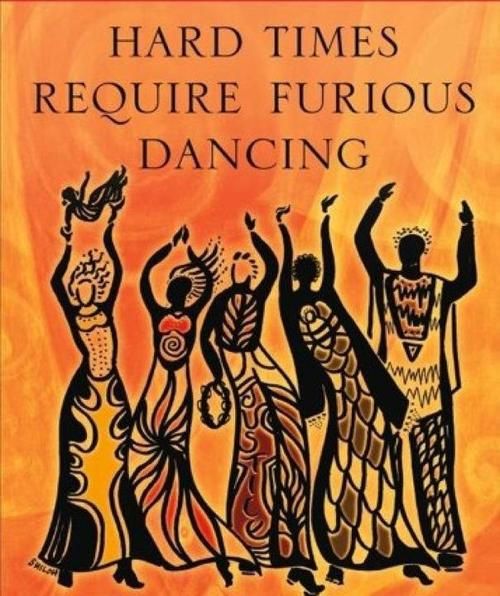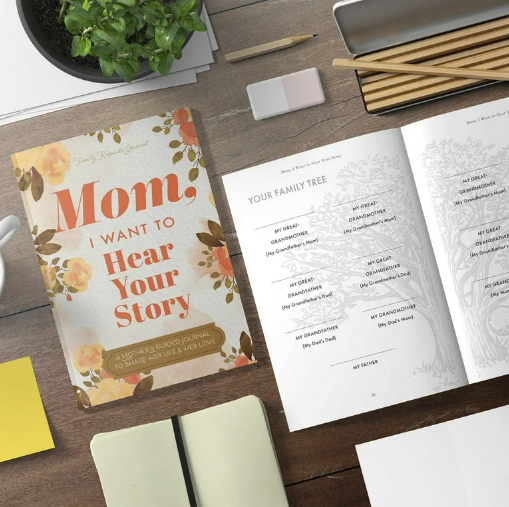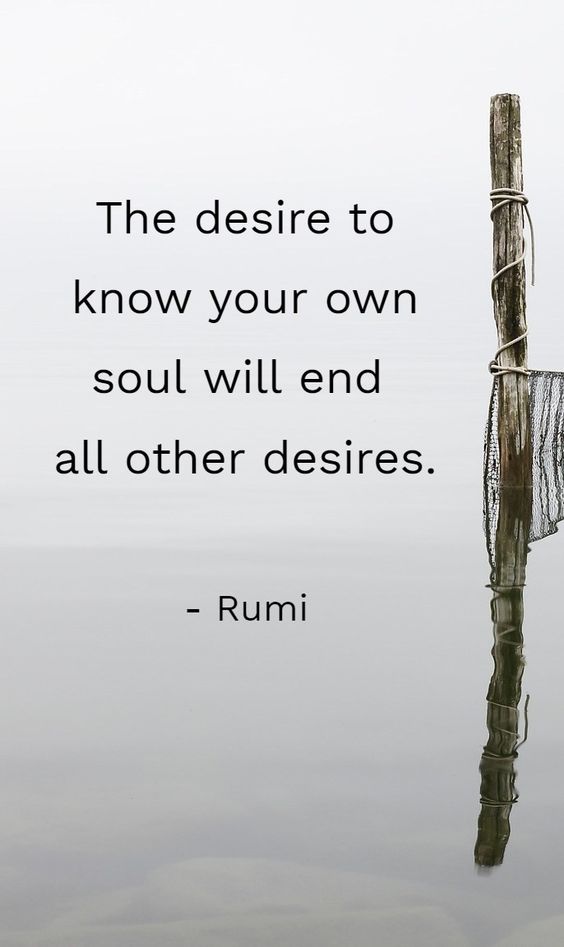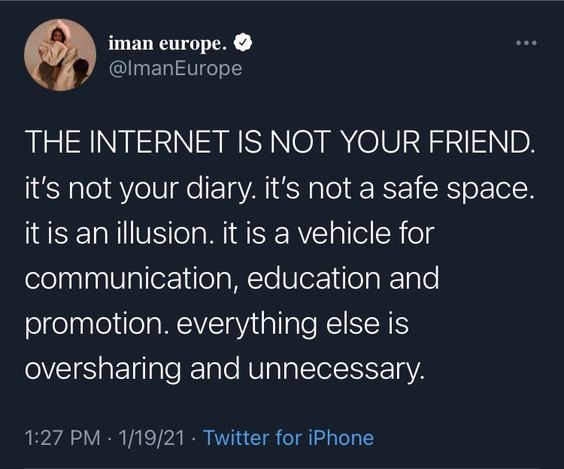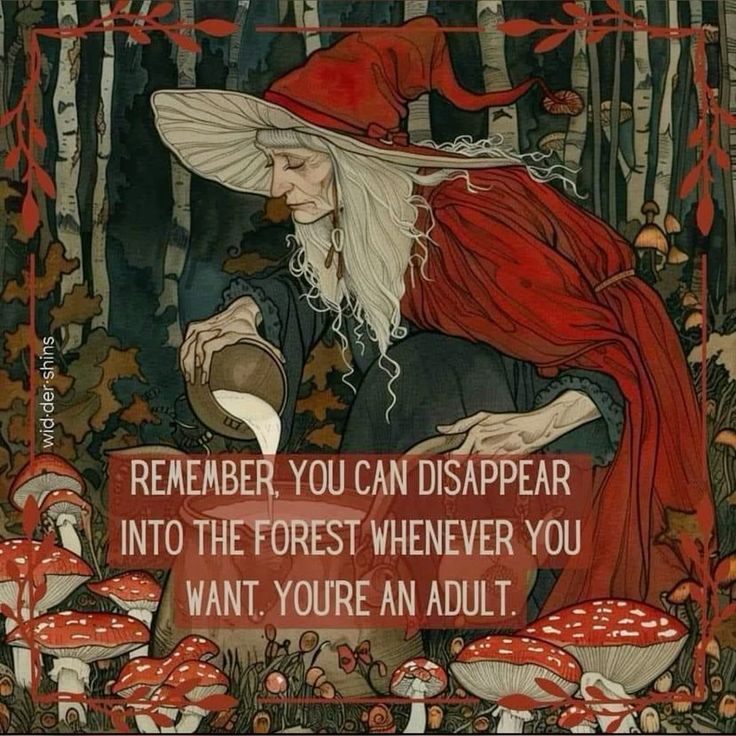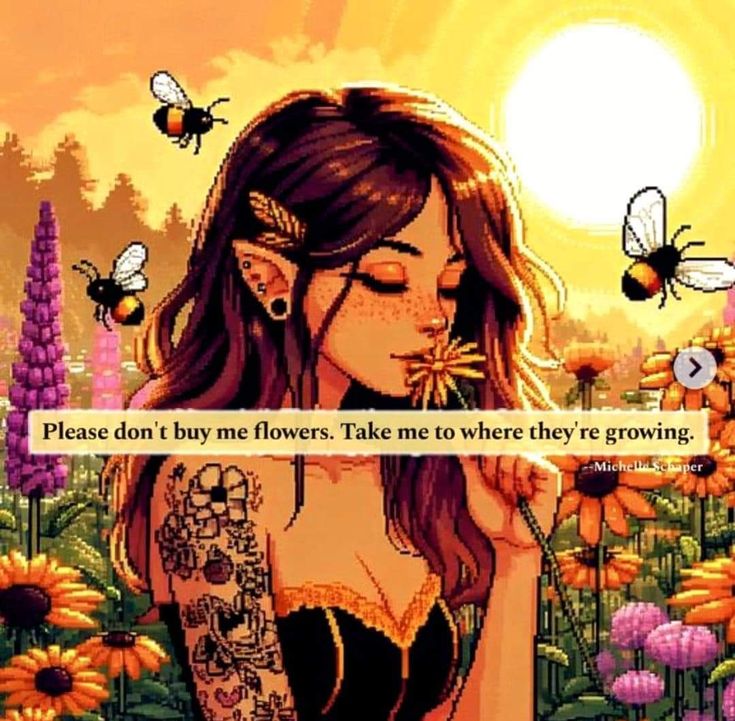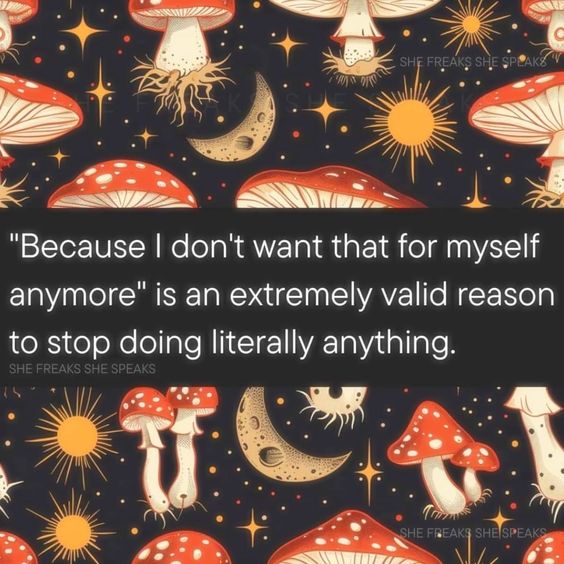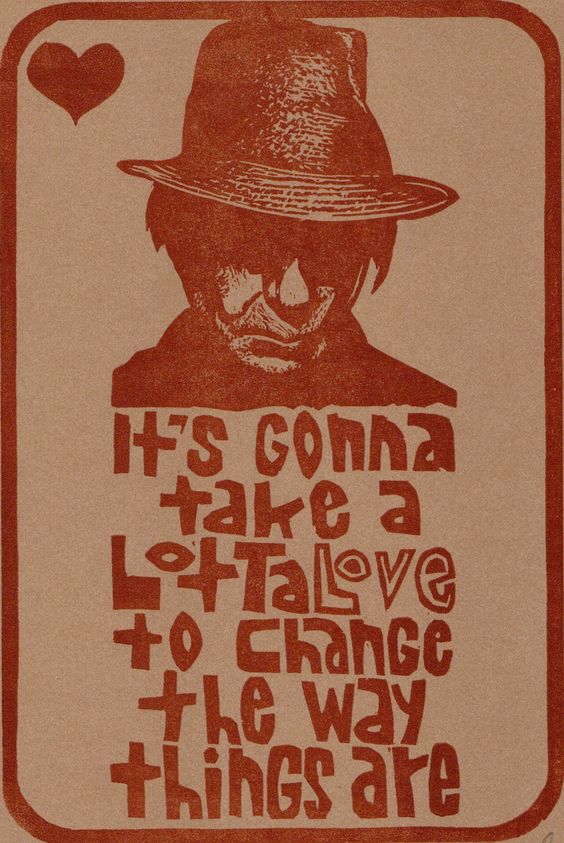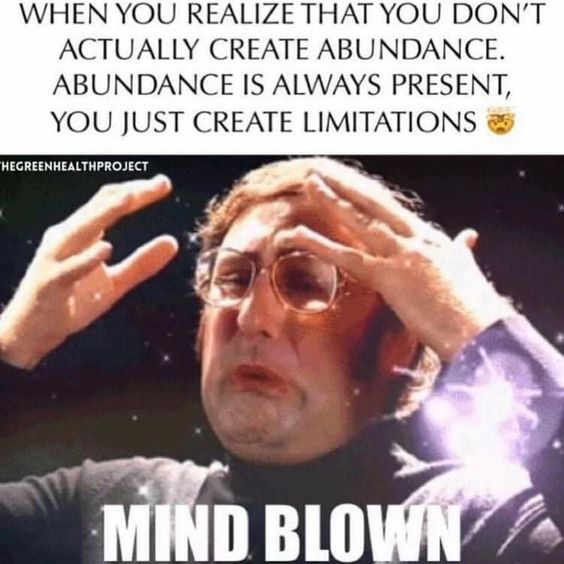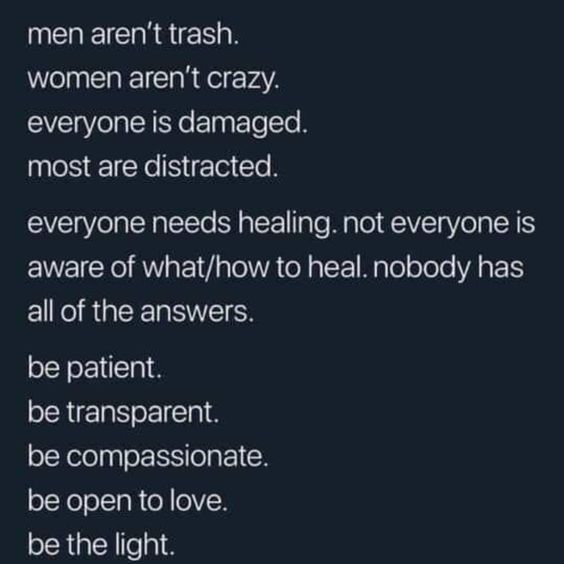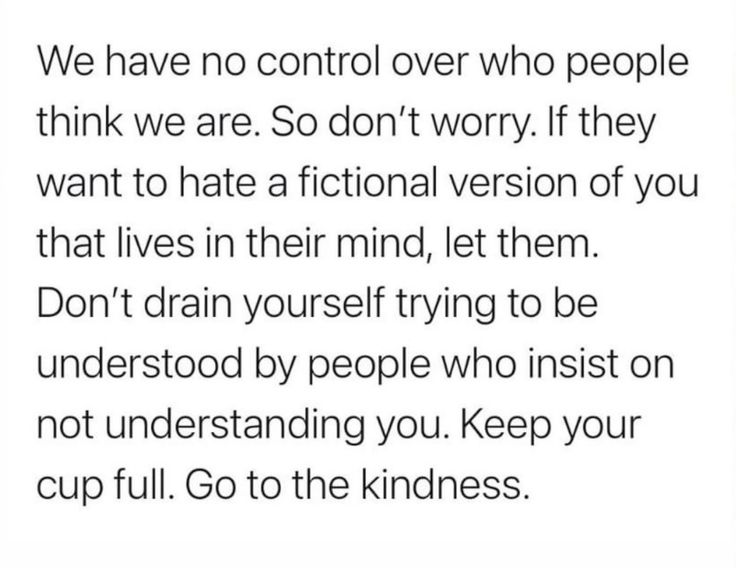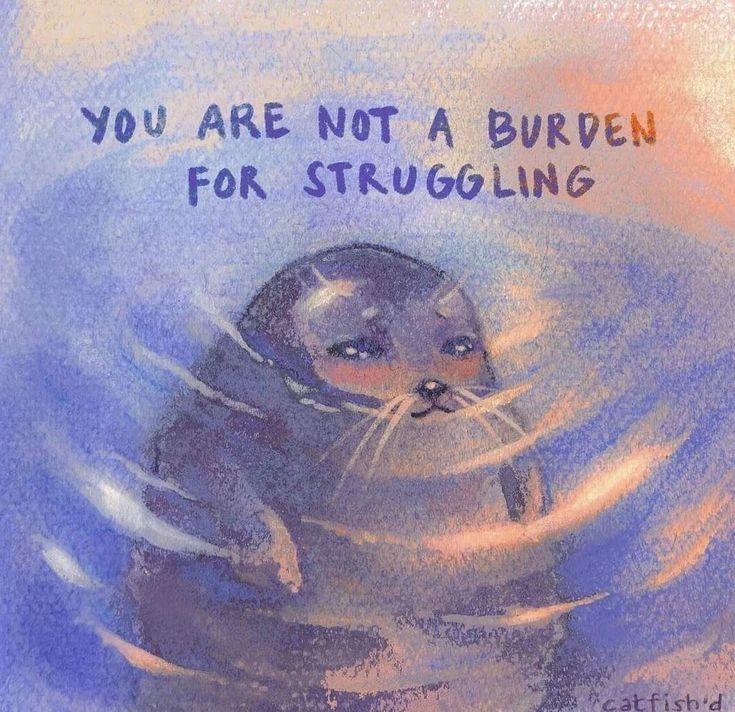Mom, I Want to Hear Your Story
Why We ♥ It: The best-selling and acclaimed way for you to discover everything from your Mother’s childhood memories to the profound turning points in her life. Featuring expertly crafted questions in an easy-to-use layout, each intentional section gives your mom a place to share and reveal her life story and memories with you while creating a lasting legacy.
Dad, I Want To Hear Your Story
Why We ♥ It: This book will guide your Father with prompts and questions, making it fun and easy for him to share the stories of his childhood, teens, and adult years. This will be the tale of his life, his victories, his challenges, and his lessons. You will give your dad a gift he will cherish while also giving yourself the gift of knowing him a little bit (or a lotta bit) better.
“Everything we do is for the purpose of altering consciousness. We form friendships so that we can feel love and avoid loneliness. We eat specific foods to enjoy their fleeting presence on our tongues. We read for the pleasure of thinking another person’s thoughts. Every waking moment—and even in our dreams—we struggle to direct the flow of sensation, emotion, and cognition toward states of consciousness that we value.”
Sam Harris, Waking Up (Page 186)
“Focus on what provides value to others, not what impresses others. Other people spend about as much time thinking about your lifestyle and accomplishments as you spend thinking about their lifestyle and accomplishments. Which is to say, not much time at all. The things we do to impress others rarely impress them for longer than five minutes. But the things we do to provide value for others can last a lifetime. In the long run, one of the most impressive things you can do is provide exceptional value.”
James Clear
“…All this may raise a concern about whether the ideal of enlightenment is a false one. Is true freedom even possible? It certainly is in a momentary sense, as any mature practitioner of meditation knows, and those moments can increase in both number and duration with practice. Therefore, I see no reason why a person couldn’t perfectly banish the illusion of the self. However, just the ability to meditate—to rest as consciousness for a few moments prior to the arising of the next thought—can offer a profound relief from mental suffering. We need not come to the end of the path to experience the benefits of walking it.”
Sam Harris, Waking Up (Page 171)
“One of the first things one learns in practicing meditation is that nothing is intrinsically boring—indeed, boredom is simply a lack of attention. Pay sufficient attention, and the mere experience of breathing can reward months and years of steady vigilance.”
Sam Harris, Waking Up (Page 156)
“If you are injured and in pain, the path to mental peace can be traversed in a single step: Simply accept the pain as it arises, while doing whatever you need to do to help your body heal. If you are anxious before giving a speech, become willing to feel the anxiety fully, so that it becomes a meaningless pattern of energy in your mind and body. Embracing the contents of consciousness in any moment is a very powerful way of training yourself to respond differently to adversity. However, it is important to distinguish between accepting unpleasant sensations and emotions as a strategy—while covertly hoping that they will go away—and truly accepting them as transitory appearances in consciousness. Only the latter gesture opens the door to wisdom and lasting change. The paradox is that we can become wiser and more compassionate and live more fulfilling lives by refusing to be who we have tended to be in the past. But we must also relax, accepting things as they are in the present, as we strive to change ourselves.”
Sam Harris, Waking Up (Page 149)
